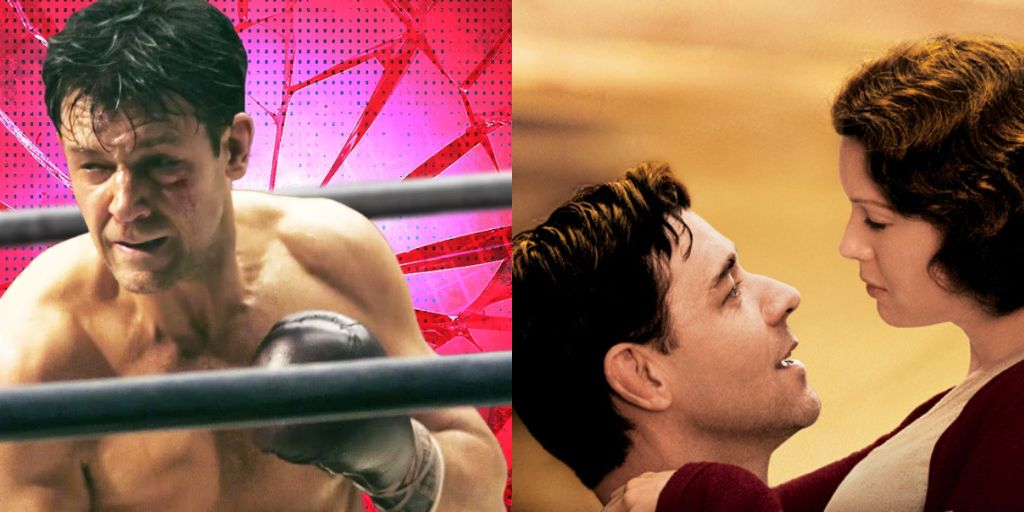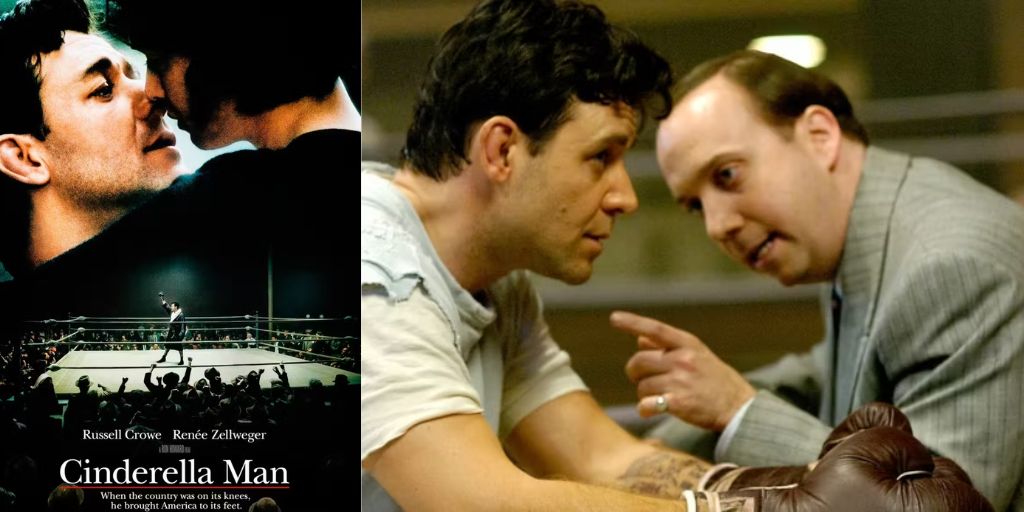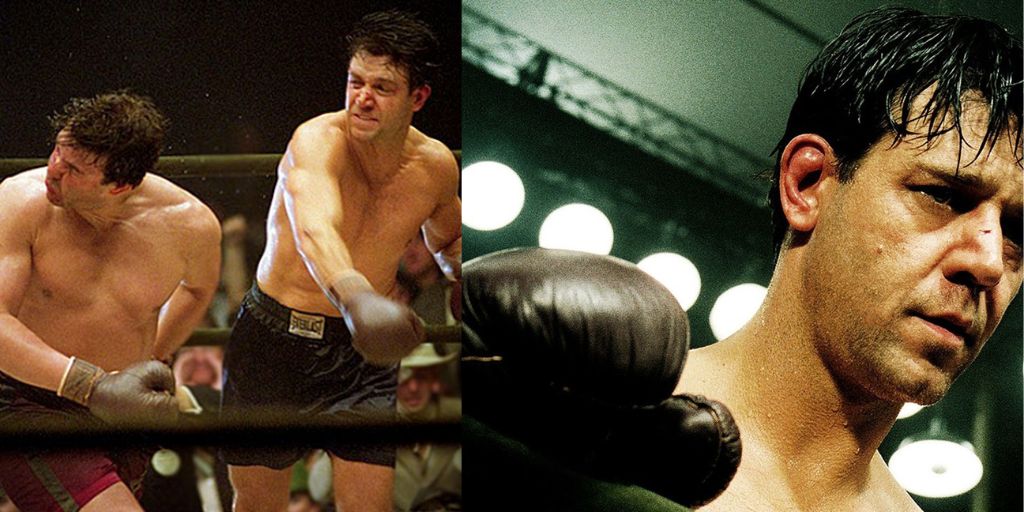Russell Crowe is a well-known actor, and his rise to fame was quick after his impressive role in the Australian crime thriller Romper Stomper. This film helped Crowe earn the attention of both critics and audiences alike. From there, he starred in several highly acclaimed movies.
Crowe won an Academy Award for Best Actor for his portrayal of Maximus in Gladiator, directed by Ridley Scott, which also won Best Picture. He received nominations for his performances in The Insider, a conspiracy thriller directed by Michael Mann, and A Beautiful Mind, a biographical drama directed by Ron Howard.
Crowe often played characters who were morally complex and emotionally withdrawn, but he delivered his most heartfelt performance in the boxing drama Cinderella Man, also directed by Howard.
Cinderella Man is a film based on the real-life story of James J. Braddock, a longshoreman of Irish descent living in New Jersey. Braddock had once dreamed of being a successful boxer, but those dreams were shattered when he suffered a serious wrist injury early in his career.
Now working hard as a manual laborer to provide for his wife Mae (played by Renée Zellweger) and their children, Braddock struggles with the hardships of life during the Great Depression. Money is tight, and Braddock has no desire to return to the ring. However, his former manager Joe Gould (played by Paul Giamatti) convinces him to do one more fight, promising him that it will be worth it financially.
To Braddock’s surprise, he wins the fight, and his victory moves the crowd, inspiring hope during such a tough time. The idea of a man from humble beginnings fighting his way to success resonates deeply with the audience. Soon, Braddock finds himself fighting for the heavyweight boxing title and earning the nickname “The Cinderella Man.”

The movie Cinderella Man touches on the challenges an athlete faces when representing a community. At first, Braddock’s decision to return to the boxing ring is purely out of necessity—he needs to feed his family. He has no interest in fame or glory. Yet, his modesty and the fact that he represents the struggles of everyday Americans make him a symbol of hope during one of the toughest times in U.S. history.
Braddock realizes that he stands for something greater than his own happiness. He is willing to sacrifice his personal desires for the good of his community, knowing that his success could inspire others.
This theme of Americans finding inspiration in extraordinary individuals is a recurring idea in many of Ron Howard’s films, such as Apollo 13 and The Paper. However, it is especially powerful in Cinderella Man because it follows the familiar beats of an inspirational sports movie but with deeper emotional resonance.
Cinderella Man is not just a boxing movie. It also tells a compelling family story. It’s easy to compare this film to other boxing classics like Rocky or The Fighter, but Cinderella Man focuses just as much on family dynamics. Typically, boxing films don’t give much attention to female characters, but Mae, Braddock’s wife, plays an important role in humanizing him.
Mae struggles with fear and anxiety about her husband’s safety, often finding it too difficult to watch him fight. She recognizes, however, the importance of what he’s doing for their family and their future. The film also portrays touching moments between Braddock and his son, Jay (played by Connor Price).
Early in the film, Braddock catches Jay stealing, but instead of just punishing him, Braddock takes the opportunity to teach his son about understanding the consequences of his actions. These moments bring a tenderness to the film that enhances its emotional impact.

The relationship between Braddock and his manager, Joe Gould, is another key aspect of the film. Many sports movies don’t focus on the bond between a boxer and his manager, but in Cinderella Man, this relationship is important.
Crowe and Giamatti have excellent on-screen chemistry, which brings their characters’ connection to life. Gould knows how to push Braddock, understanding what motivates him, but he also deeply cares for him, almost like a family member.
Giamatti’s performance was so impressive that Crowe urged the studio to support him for awards consideration, which led to Giamatti receiving his first Academy Award nomination for Best Supporting Actor.
Ron Howard is known for telling stories about real-life heroes who overcome great challenges, and Cinderella Man is one of his strongest films in this regard. While Howard may not be considered a flashy director with a distinct visual style, he excels at crafting films that connect with audiences on an emotional level. Cinderella Man is a prime example of this.
It’s an old-fashioned crowd-pleaser that knows how to touch viewers’ hearts. Howard’s focus on the human side of the story, rather than just the boxing action, makes this film stand out. The movie shows that Braddock’s greatest victories are not just in the ring but in his relationships with those around him and his willingness to fight for something greater than himself.
In Cinderella Man, Howard proves once again that he is a master at telling uplifting true stories. The film offers more than just entertainment—it gives viewers a reason to reflect on the importance of perseverance, sacrifice, and hope.
Braddock’s journey is a reminder that, even in the darkest times, the human spirit can rise above adversity. His story continues to inspire audiences today, as it did for those who witnessed it during the Great Depression. Howard’s careful direction, Crowe’s emotionally layered performance, and Giamatti’s standout supporting role all contribute to making Cinderella Man a film that resonates deeply with viewers.




